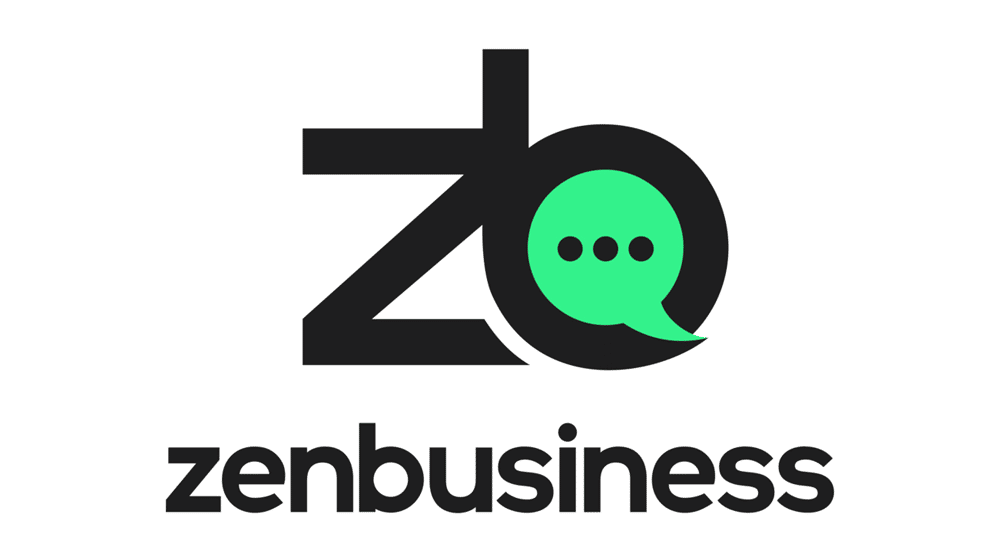How to Buy an LLC? 7-Step Guide (Read Before Buying It)
Hire Professionals to Start an LLC For You (from $0 + state fees)
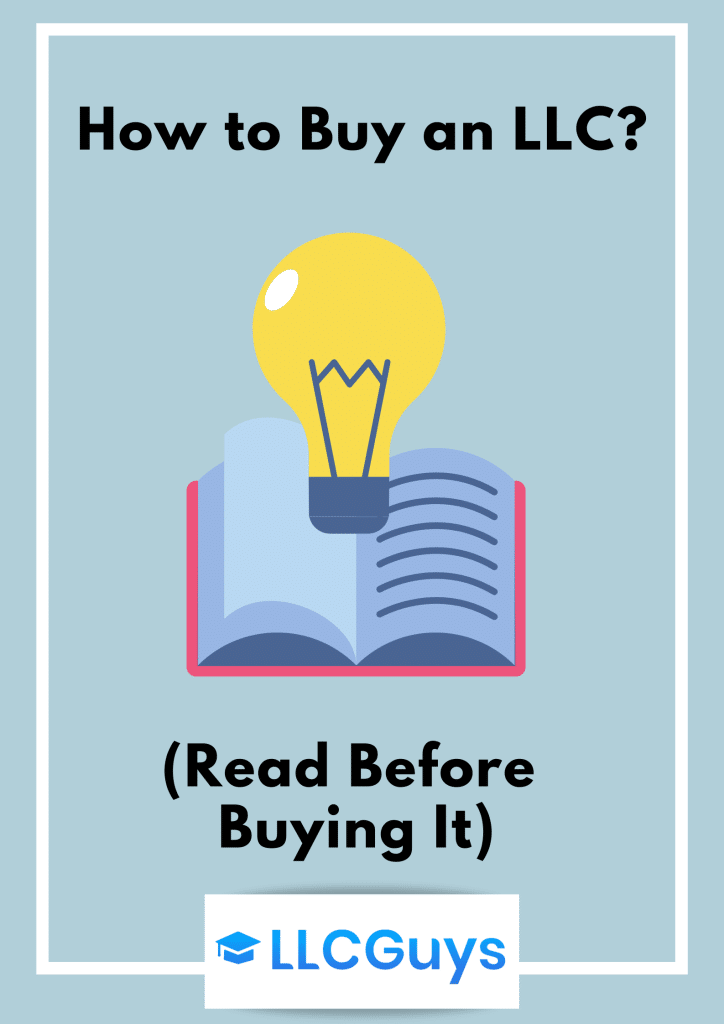
Are you looking to buy an LLC? Let’s take a look at the whole process required to do so.
The articles of organization for an LLC should contain detailed buyout provisions that explain the circumstances in which a partner can sell shares and to whom they must be sold. This ensures fairness among partners and preserves the integrity of their relationships.
To stop external buyers from obtaining shares, some LLCs only permit members to sell their stakes to other members or the LLC itself. Buyout clauses are included for this purpose and work efficiently in restricting ownership of equity outside the organization.
Being an entrepreneur can be intimidating, especially when it comes to creating a limited liability company from the ground up. Luckily, there is another option: buying an already existing limited liability company!
If you want to skip the hassle of starting an LLC yourself, consider using professional help:
- Northwest Registered Agent ($39+state fees) (best support)
- ZenBusiness ($0+state fees) (best price)
Pros and Cons of Buying an LLC
Every Business owner who is looking to buy an LLC should go through these incredible pros and cons before finalizing the deal for an LLC
Pros
Cons
Owning an LLC can be a great way to start a business, but there are some downsides to consider.
When deciding if an LLC is right for you, it is important to weigh the pros and cons carefully.
You have two ways you could go about this. The first involves forming a new LLC and then acquiring assets of an existing LLC; the second is to purchase the entire entity in bulk – something referred to as a “bulk” buy.
7 Steps of How to Buy an Existing LLC
Here are the 7 steps that you have to follow before buying an entire LLC.
1. Find a Business to Buy
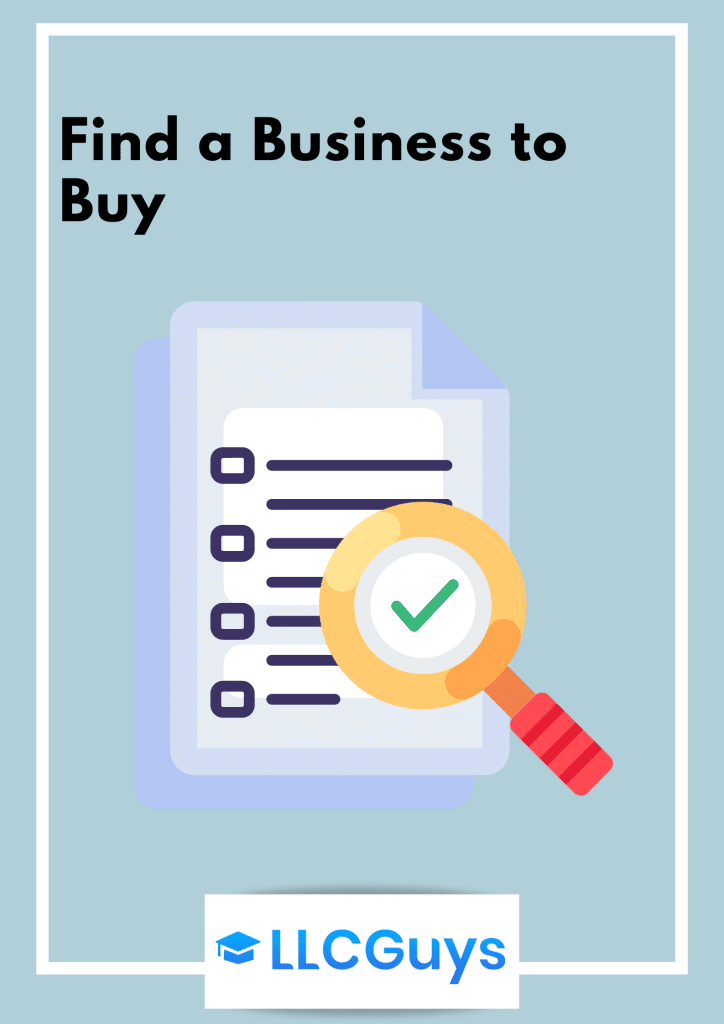
Purchasing an LLC begins with the search for a business on sale. Although this may seem easy, many business owners who are looking to sell or retire don’t post their advertisements on Craigslist. Networking at your local chamber of commerce and getting involved in trade groups dedicated to the industry you want to pursue can help you find leads easily.
Furthermore, try browsing through business newspapers and trade publications which could provide additional information as well as considering older owners who might be preparing for retirement soon too!
Finding an existing LLC If you’re looking to purchase an existing LLC, there are a few things you’ll need to look for. First, make sure the LLC is in good standing with the state. You’ll also want to review the asset purchase agreement (if applicable). Also, check their net worth and market value and compare it with the purchase price that is being offered.
2. Begin Negotiations with The Business Owners

Once you have found an LLC that interests you, you can commence negotiations. It is essential to verify that the person with whom you are speaking is authorized to negotiate on behalf of the business.
At this stage, you’re not trying to secure a final decision. Instead, your objective should be to start up discussions so that you can gain as much information about the business before deciding on whether or not it’s worth purchasing.
Before you can consider taking ownership of the business, it is imperative to request data from its current owner. To display your commitment and competency to purchase the organization in question, submit a financial statement. And if needed, sign a confidentiality agreement that bars you from divulging information about the business apart from legal counsel or monetary specialists.
3. Due Diligence
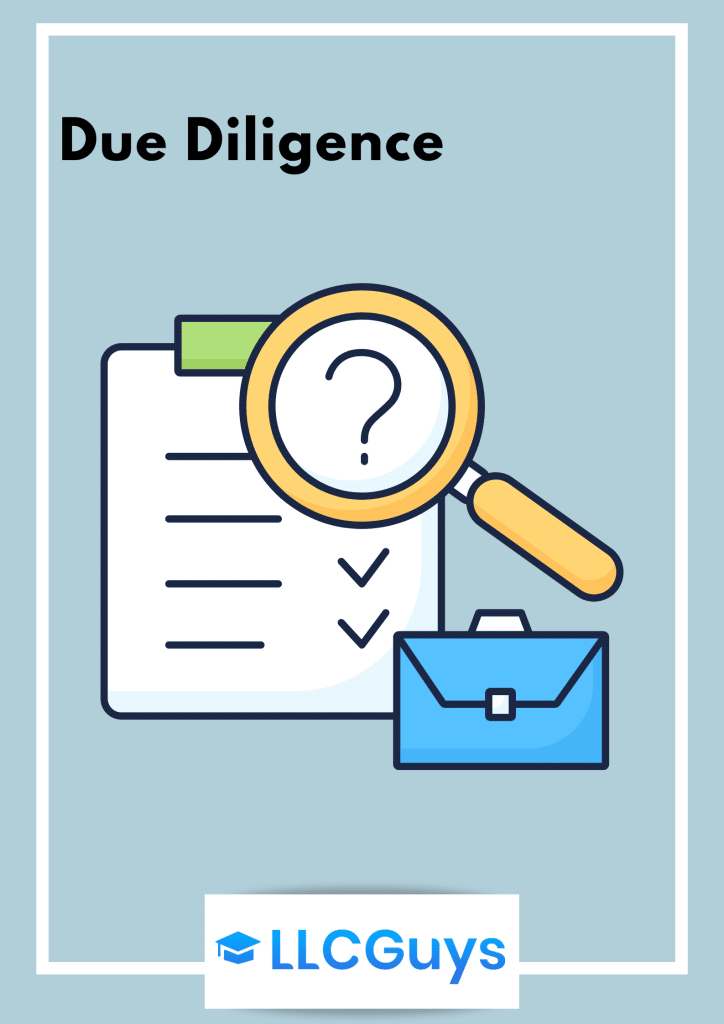
Making a substantial purchase, such as buying a house or an LLC, requires taking the time to conduct due diligence. It is nothing but examining all of its financial records in order to ensure that you’re making the right decision. Just like it would be foolish to buy without first getting a home inspection and title report, do not make any hasty decisions when purchasing an LLC without doing your homework!
When examining a business’s operations or finances, there are several items that should be assessed. These include financial documents like accounting books and ledgers, tax returns, leases, loans, and mortgages. Additionally, the LLC operating agreement as well as its articles of the organization need to be studied. Employer contracts along with vendor agreements plus any applicable business licenses also require careful attention when making an assessment.
When searching public records, it’s essential to look for mortgages, liens, and property tax obligations. After all, you need to have a firm grasp of the business’s assets and liabilities. Moreover, assess its revenues and expenditures – is there an uptick or downturn in profits? If applicable; do you wish/can you take over leases or loan payments with favorable terms? Not forgetting if operating agreements are present that limit the sale of LLCs as well.
Performing due diligence may consist of inspecting intricate documents, and legal papers can be particularly lengthy and difficult to interpret. To guarantee that your LLC purchase is a success, it’s essential to comprehend what these forms say. That’s why recruiting the help of an attorney during some or all of the due diligence process is recommended.
4. Memorandum of Understanding, or The Term Sheet
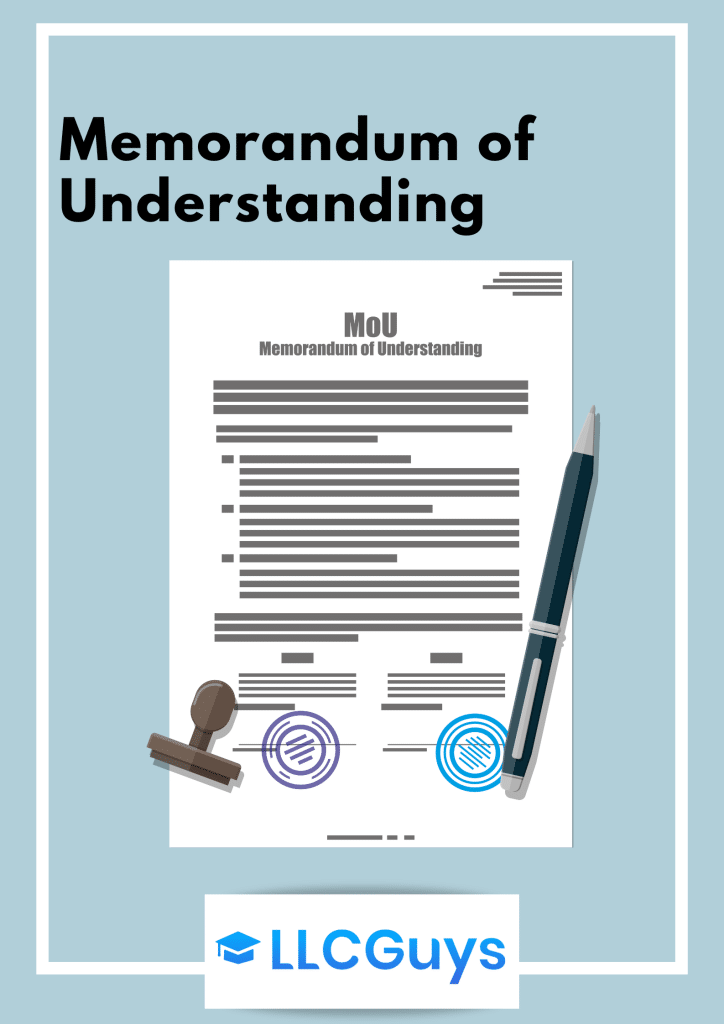
As you carry out your due diligence, go ahead and keep bargaining with the company owner. You could choose to purchase the LLC in its entirety or just secure its assets. Additionally, start delineating what would be included in the purchase agreement and which elements will not be part of it. Afterward, reach a primary buying cost along with payment terms before signing any documents.
To avoid any potential confusion, an agreement should be established in the form of a term sheet or memorandum of understanding prior to negotiations. This document articulates all facets of the purchase deal, outlines both parties’ intentions and acts as an outline for further contracts down the line. It is beneficial to seek assistance from legal counsel when creating this sort of documentation so that you can get advice on what elements are necessary and which terms are fair.
5. The Purchase Agreement
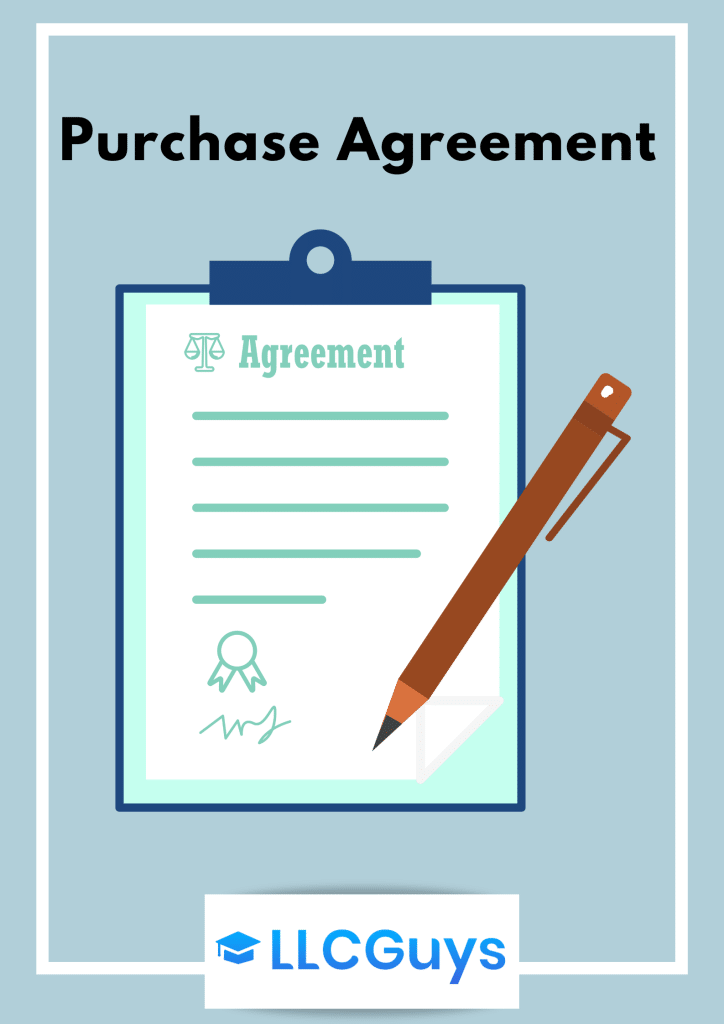
After all the research and negotiations have been completed, it’s time to seal the deal in a legally binding purchase agreement.
A purchase agreement is a legally binding document that outlines the terms and conditions of the sale – from what you’re buying to its cost, plus any potential remedies in case something goes wrong—and must be signed by both parties.
Other Related Documents
Additionally, you may need to sign an assignment or negotiate a new lease with the business landlord. To ensure no unfair competition arises in the future, it is recommended that you ask the seller of the business to execute a non-compete agreement with you.
6. Closing the Deal

After all the paperwork is finished and signed off, ownership is transferred to the buyer. This could include anything from a complete LLC, its assets only, or just an equity stake in that particular organization. It’s essential to have a lawyer overseeing this process so that it adheres to legal regulations thus safeguarding the validity of documents and transactions.
7. Notification to The Government

If you have bought the LLC itself and not merely its assets, you must alert your state government of a change in ownership. Plus, if the existing registered agent listed on the articles of organization is changing as well, provide them with details about who will be taking their place. On the other hand, if you’ve only acquired some or all assets from that LLC then consider forming a new limited liability company (LLC) or corporation to manage those resources properly.
If you are planning to purchase an LLC for your business, it is important to remember that there are several formalities involved. Notifying the relevant taxing authorities and licensing agencies of your new LLC should be a top priority.
However, even in moments of excitement about starting a business venture, make sure not to let enthusiasm override due diligence when assessing potential opportunities. Be prepared to walk away if any red flags arise during research or negotiations; safeguarding yourself from bad deals will save time and money in the long run!
Tax Implications of Buying an LLC
Depending on the type of LLC, taxes must be filed differently. Make sure you’re aware of both types and how they impact your tax obligations.
Single-Owner LLC
A single-owner LLC is handled as a sole proprietorship when it comes to taxes, meaning the company itself cannot file its own return with the IRS and does not have to pay taxes. The owner must include their LLC on their personal tax filing instead. This necessitates that profits and losses be reported through a Schedule C each year, which can of course result in both benefits and liabilities for owners.
If you do not distribute profits from your LLC at the end of the year, this does not exempt you from paying taxes on those earnings. It is important to remember that although accumulating funds for future financial needs may be a sound business decision, taxes still need to be paid based on these income amounts.
Multi-Owner LLC
For multi-owner LLCs, the business is treated as a partnership. Incredibly, these businesses do not pay taxes or file returns to the IRS; yet they still need to declare their profits and losses in an alternative method.
For multi-owner LLCs, each owner must pay taxes on their share of the business’s profits or losses that is determined by their ownership stake. This information will then be reflected on every corresponding member’s personal tax return for clarity and accuracy.
Legal Documents Needed for Buying an LLC
When forming an LLC, a number of legal papers are needed. These encompass:
- Accounting books and ledgers,
- Tax returns,
- Leases and loans,
- Mortgages and
- The corresponding LLC operating agreement & LLC articles of organization;
Furthermore, there is a need for employment agreements vendor contracts business licenses property taxes obligations liens too.
Carefully examining these legal documents will give you an insight into the LLC’s current financial situation, allowing you to make a more informed decision. A company with significant debt and no assets is unfortunately not a prudent business investment – conversely, one which has substantial assets may be worth exploring further. Consulting an attorney in order to interpret any complex terminology present within said documents is highly advisable; this would ensure that all of your bases are covered while assessing any prospective investments.
To ensure that your purchase of an LLC is secure, you must acquire the necessary documents from them. If they fail to provide these records, it’s imperative that you conduct independent research for them.
Hire Professionals To Form an LLC in Any State For You
It can be difficult and time-consuming to form an LLC all by yourself or even buy an existing one.
That’s why we decided to give you a few of the best options for professional services that can help you start a new LLC in no time & with 0 effort!
#1 – Create an LLC Using Northwest Registered Agent
Northwest has vast experience in creating LLCs and Corporations. They by far have the best support and client satisfaction rate. We’ve used and tested them ourselves and can guarantee that they’ll do an exceptional job for you.
You can read our Northwest Registered Agent review here.
#2 – ZenBusiness Can Help You to Form an LLC
ZenBusiness is one of our top-rated LLC services as well. They have a super value-to-price ratio. And it’s perfect for those who are looking for the cheapest option to form their LLCs. When we tested their service — they’ve done a great job, so we can honestly recommend them.
To know more about them — read our full ZenBusiness review here.





